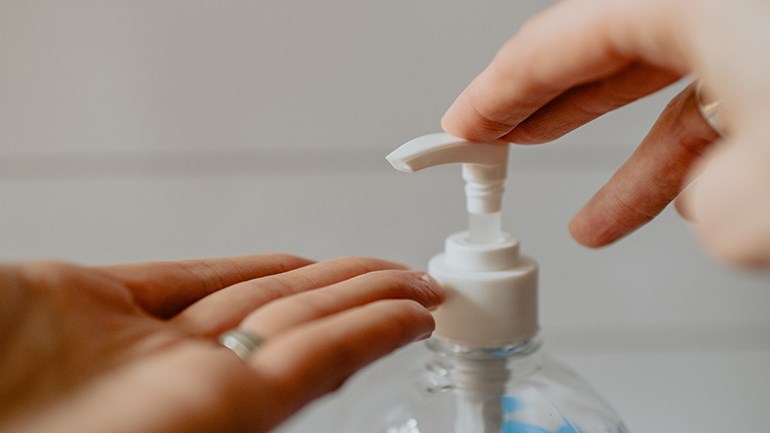Lack of basic hygiene knowledge detrimental to root canal treatment

In a large survey, one in ten general dentists stated that they did not use hand sanitiser at all in connection with a root canal treatment.
Good hygiene is an important factor for root canal surgery to be successful, and that is well known among specialist dentists. However, this is not the case in general dental care, shows new research.
In addition, guidelines for healthcare hygiene are not followed to the same extent; a lack of feedback, training and time is said to be behind this.
Although most said they followed the guidelines, one in ten stated that they did not use hand sanitiser at all in connection with the root canal treatment ...
Leona Malmberg
It is within the realm of general dentistry that the vast majority of root canal treatments in Sweden is performed. To ensure that there are no remaining bacteria in the tooth, good hygiene is central to the success of the treatment.
“In a recent study, a third of all root-filled teeth had signs of inflammation at the root tip. I wanted to know if there was something that could improve the result,” says Leona Malmberg, a doctoral student at the Faculty of Odontology.
In her thesis, she has investigated what the knowledge of infection control during root canal treatment looks like in general dentistry. Around 800 dentists in this field in Sweden and Norway completed a questionnaire. The answers showed that there are still gaps in knowledge around simple infection control measures.
“Although most said they followed the guidelines, one in ten stated that they did not use hand sanitiser at all in connection with the root canal treatment – gloves were used instead.”
Another prominent result was that a third had not received any further training in the field after basic education. Many also did not know that it is much more difficult to achieve successful treatment if a tooth has an established infection.
“It indicates that they have not fully understood that it is a matter of preventing infection. If you do not have that understanding, there is a risk that you will not take infection control seriously enough.”
In a clinical sub-study, Malmberg also looked at how clean treatment areas were when prepared by general dentists before a root canal treatment compared to specialist dentists. The difference was significant, with the general dentists almost a third of the operative fields had positive bacteria samples after disinfection. The corresponding figure was seven per cent at the specialist clinic.
The study was conducted during the pandemic and showed major changes over time. In the beginning, when the general dentists only treated emergency patients, there were not as many positive bacteria samples. But the longer the study went on, the higher the percentage of contaminated surfaces. When they were back on their regular schedule, more than half of the bacteria samples were positive.
“It indicates that hygiene routines are followed less well the more pressured one's schedule is. Even though the personal responsibility is great, the organisations also need to ensure that their employees can follow the routines, both through time in the schedule and further training,” says Malmberg.
Text: Anna Dahlbeck
More about the research
- You can read the thesis here:
Endodontic Infection Control in General Dentistry: Barriers, Facilitators, and Clinical Practice